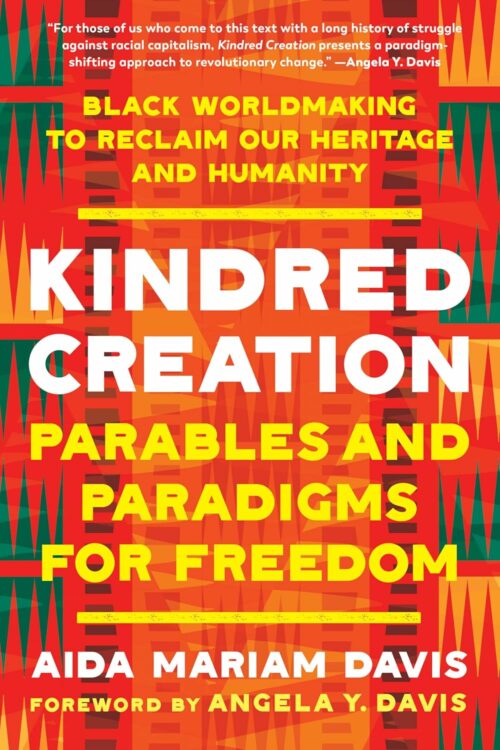 |
In "Kindred Creation: Parables and Paradigms for Freedom," organizer and founder Aida Mariam Davis presents a radical philosophical framework that centers an African-centric lens on one’s path toward decolonization. Davis shares the lessons from reclaiming the gifts of Black and African culture and heritage. Parables effectively unveil new insights into persistent wonderings, as they are filled with allusions and ways of realizing truths about how people of African descent can regain what they may have lost for many generations. Colonialism has long subjugated land, labor, and language, causing many Black people to be distanced from their heritage. At the end of each chapter, Davis offers “key readings” as a valuable list of reference material for further study.
Pictured above is author Aida Mariam Davis
Davis draws upon her inheritance of strength and power from Ethiopian anti-colonial fighters who sought liberation and unbridled freedom. She lays out a path for Black-identified people to imagine possibilities for a new future where Blackness thrives to build relationships across differences. While Davis writes primarily for Blacks and people of African descent, her words resonate deeply with me as a non-Black immigrant woman of color. I have found the text to be a rich source of insightful and diverse perspectives, from re-orienting my understanding of time to re-learning myths and embracing storytelling to cultivate a fresh consciousness.
